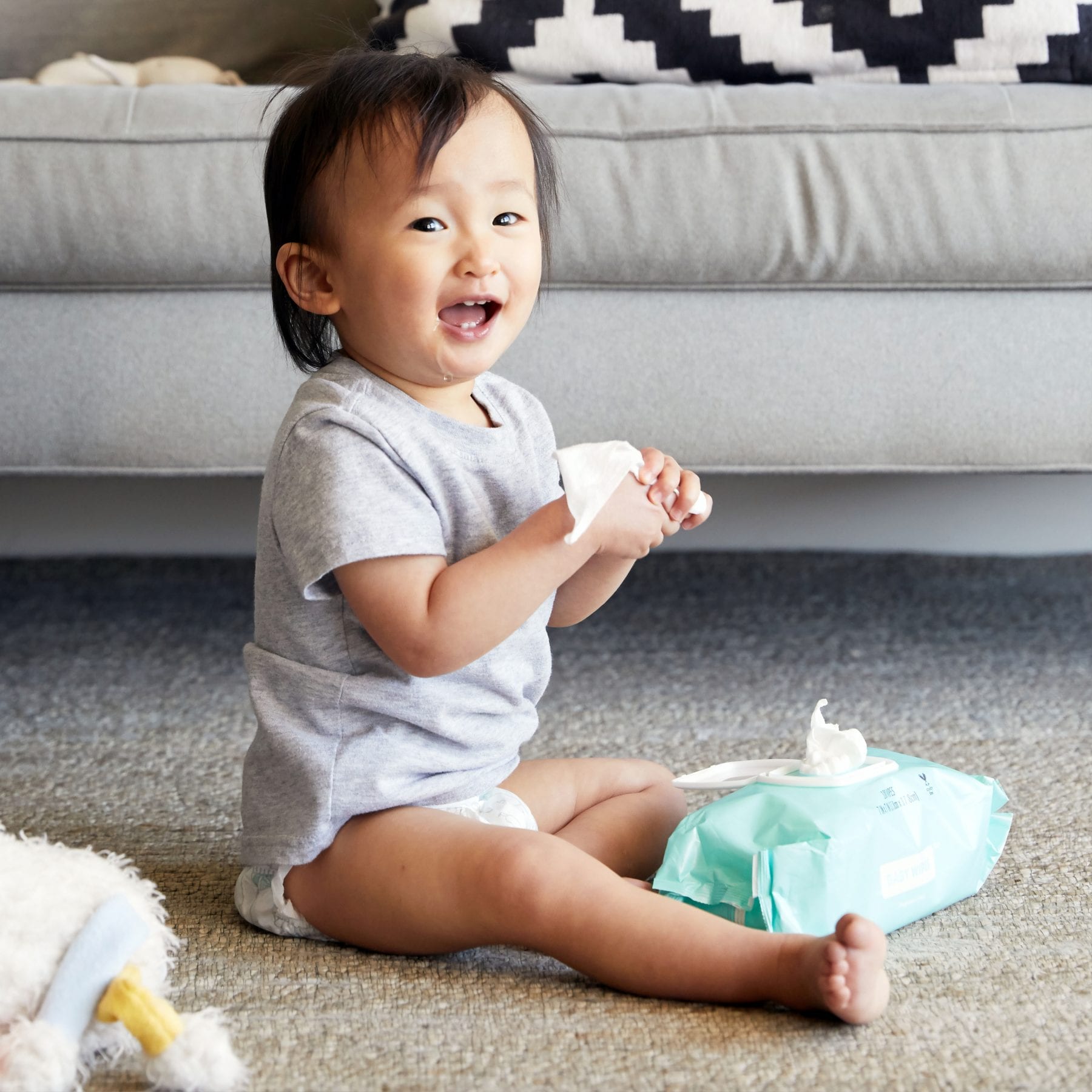Positive Discipline
Montessori classrooms use the Positive Discipline approach created by Jane Nelsen, Ed.D. This approach assumes the best of children, collaborates with them, and empowers them to develop self-discipline and problem-solving skills.
Positive Discipline is easy to read about, but it can be challenging to put into practice. This philosophy requires a paradigm shift away from what you were most likely raised with. To effectively implement the Positive Discipline approach in your classroom, you may need to relearn many of your core beliefs about managing and teaching young children. This cheat sheet can be used for general reference or to reframe your thinking when you need it.
POSITIVE DISCIPLINE ELIMINATES PUNISHMENT
Positive Discipline does not rely on punishments like threats, isolation, or random consequences to motivate kids. Because this approach understands that encouragement and support are what kids need, punishment is considered ineffective. Moreover, Jane Nelsen acknowledges that punishments are effective in the short term but warns against their long term effects.
POSITIVE DISCIPLINE IS KIND AND FIRM
Adults often worry about becoming permissive when they adopt a positive approach to discipline. However, Positive Discipline is as far from permissive as it is from authoritarian. Strategies like encouragement and redirection don’t necessarily allow kids to bypass structure and order. It is possible to be quite firm while remaining kind and gentle. Eventually, you can become even more effective with a positive approach than with a punishment-based philosophy.
POSITIVE DISCIPLINE ACCEPTS CHILDREN AS SOCIAL BEINGS
Teachers often scold children for chattering among themselves as they “should be working” or speaking out of turn in class. Jane Nelsen, like Maria Montessori, however, reminds us that socialization is part of the child’s nature. Montessori Guides will have more success when they create productive opportunities for children to discuss and converse. Overall, Montessori and Positive Discipline seek to meet the child’s needs, not to mold a child into something that isn’t developmentally appropriate.
ALL BEHAVIOR HAS A GOAL BEHIND IT
When a child misbehaves, adults often feel responsible for demanding retribution. We don’t want them to feel they can just “get away with” improper conduct. Positive Discipline turns teachers away from this type of thinking and asks them to focus instead on what caused the problematic behavior.
Jane Nelsen explains that all behavior is “goal-oriented” meaning that the child acts for a purpose, whether that purpose is conscious or unconscious. Often, undesirable behavior is driven by reasons the child is not quite aware of. It is the teacher’s responsibility to dig into the underlying causes of misbehavior. When she has identified them, she takes steps to solve the child’s problem in a positive way. So, in stark opposition to traditional discipline, neither the child nor his behavior is the actual problem.
A Child’s Primary Goal Is to Belong
Kids who act out are usually dubbed “bad kids” who “don’t fit in”. At first observance, one might assume that they don’t want to fit in. Otherwise, they wouldn’t “choose” to act the way they do. That assumption could not be further from the truth.
Positive Discipline understands that all children desire to belong at the basic, human level. There is no greater human need than belonging. So instead of assuming that a child who acts out does not care to fit in, we instead need to realize that they want to fit in more than anything. They just don’t understand how to do it. Once you are able to shift your perspective, the reasons behind problem behaviors become much easier to discern and address.
Positive Discipline is the perfect approach for the Montessori classroom because Jane Nelsen sees kids the way Maria Montessori saw them: capable, loveable, and unique individuals.


